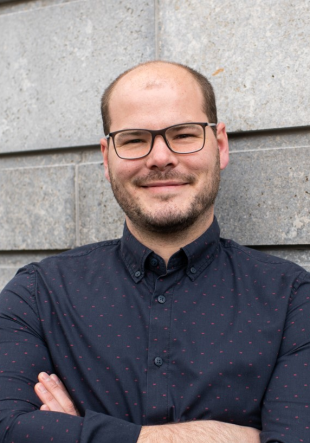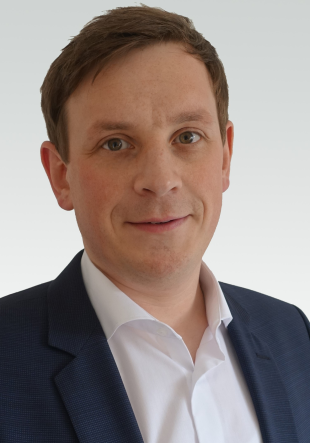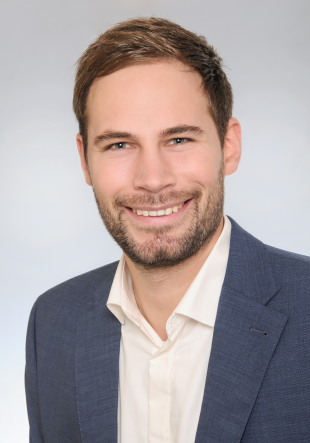A growing awareness of sustainability among the general population, along with rising energy costs, means that companies are increasingly focused on the goal of climate neutrality. The first step is to improve material and energy efficiency. Every kilowatt-hour saved means no greenhouse gas emissions and no costs. This is the starting point for a new joint project in which researchers from Paderborn University, doing interdisciplinary research at the Software Innovation Campus (SICP), work hand in hand with the chair of Automotive Lightweight Design (also Paderborn University), the University of Bielefeld, and the companies NTT Data Business Solutions AG, GEA Westfalia Separator Group GmbH, Miele & Cie. KG and Phoenix Contact Smart Business GmbH. The goal is to reduce industrial greenhouse gases. Beginning in April, the project “Climate-Neutral Business in Ostwestfalen-Lippe” (Climate bOWL) has received three years’ worth of funding, totalling 1.86 million euros, from the Ministry of Economic Affairs, Innovation, Digitalisation and Energy of the State of North Rhine-Westphalia (MWIDE NRW). The promotional volume of the collaborative research centre stands at around EUR 3.16 million. The partners associated with the project are the companies BENTELER Automobiltechnik GmbH and CLAAS KGaA mbH, while Prognos AG is acting as the project sponsor.
Integrated approach throughout the value chain
“Climate neutrality in companies must take place through real-life prevention, not just by offsetting greenhouse gases. Knowledge about greenhouse gas emissions throughout the value chain, combined with potential prevention options, forms the basis for targeted, integrated approaches”, explains Professor Henning Meschede, the scientific director of the project as well as a professor of Energy System Technologies in the Faculty of Computer Science, Electrical Engineering and Mathematics at Paderborn University. “That requires interdisciplinary teams who can understand the production processes, use them to derive efficiency approaches, and apply this knowledge to overarching business processes”, continues Meschede.
The merit order for prevention measures leading to climate neutrality is: minimise, substitute, and compensate. Consequently, an integrated approach is needed for aggregating and evaluating greenhouse gas emissions as well as for identifying and prioritising reduction measures throughout the entire value chain. Thus, the “Climate bOWL” project addresses two main areas. The first sub-goal for creating transparency and for benchmarking is to develop a product-specific carbon footprint tracking system. “A product-based footprint for greenhouse gases will give companies an understanding of their own emissions, and will further indicate target values for carbon controlling and product design. An assistance system will then use this as a basis to suggest concrete optimisation measures”, says Waliuollah Ali, Head of Center of Excellence Consumer Products Innovation and Portfolio Management, NTT DATA Business Solutions AG.
Assigning greenhouse gas emissions to their sources
The second sub-goal is the development and application of an intelligent assistance system. This system will use energy and material flow data to automatically assign greenhouse gas emissions to their sources, with the help of machine learning processes. It will derive efficiency potentials and evaluate the potential for prevention. “We hope to create more transparency around the relevant CO2 question, including as input for next-generation machines”, says Markus Fleuter, Vice President Business Excellence Division Separation & Flow Technologies, GEA Westfalia Separator Group GmbH.
Transparency is one of the main issues when it comes to developing climate neutrality strategies—creating transparency for one’s own company, complying with future legal requirements, and discovering critical values. “We hope to gain more transparency about the carbon footprint of our products, which we are analysing from the material procurement and production phase to usage and disposal. The goal is to identify the measures that most meaningfully help reduce greenhouse gas emissions from an integrated perspective”, explains Christoph Wendker, Vice President Corporate Sustainability and Regulatory Affairs, Miele. Due to the high complexity, identifying company-specific requirements for documenting consumption and emissions—and developing a smart solution—requires overarching collaboration. “Developing cloud-based applications for components, systems and solutions in the area of electrical engineering, electronics and automation is one of the day-to-day challenges that our team tackles in order to highlight CO2-critical processes in the value chain”, says Mathias We?elmann, Managing Director, Phoenix Contact Smart Business GmbH.





